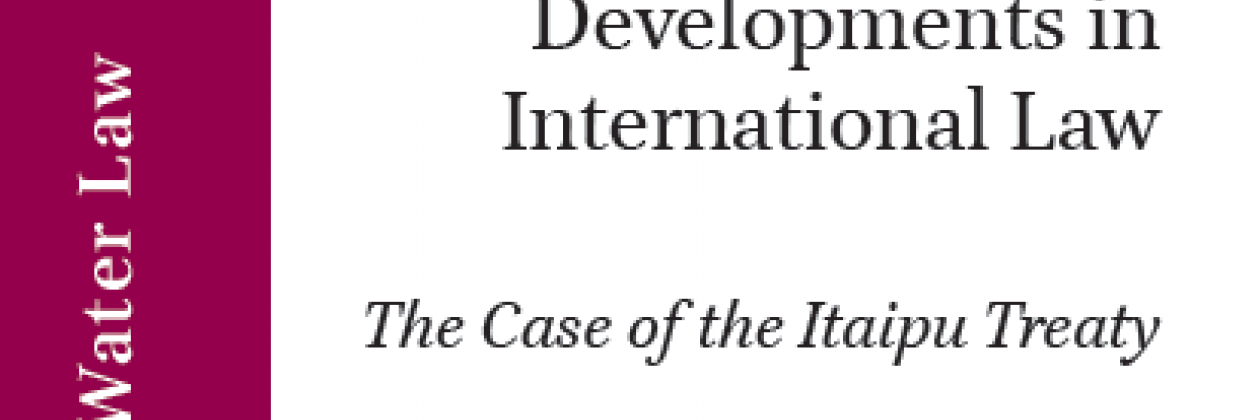Adapting Watercourse Agreements to Developments in International Law: The Case of the Itaipu Treaty
In Adapting Watercourse Agreements to Developments in International Law: The Case of the Itaipu Treaty Maria A. Gwynn offers an account of the need to align watercourse agreements to the current standards and principles of international law, thereby increasing prospects for achieving sustainable development.
As a case study, the author focuses on the most important hydroelectrical energy treaty in the South American region and astutely explores its implementation together with states’ practices regarding the non-navigational uses of watercourses and their commitments to environmental protection. The analysis offers a unique opportunity to assess the value of the UN Watercourses Convention, recommending states adapt their agreements to the provisions of the convention promoting equitable and reasonable uses of watercourses. The book will be of interest not only for treaty partners, but also for river basin states and the international community as a whole.
You can access the book here, and read a more detailed summary at the International Water Law Project blog here.







